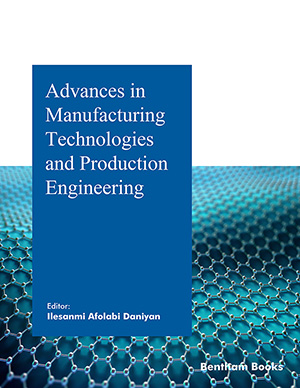Abstract
Background: With the growing popularity of various group communication applications, such as file transfer, multimedia events, distance learning, email distribution, multiparty video conferencing, and teleconferencing, multicasting seems to be a useful tool for efficient multipoint data distribution. An efficient communication technique depends on various parameters like processing speed, buffer storage, and amount of data flow between the nodes. If data exceeds beyond the capacity of a link or node, then it introduces congestion in the network. A series of multicast congestion control algorithms have been developed, but due to the heterogeneous network environment, these approaches do not respond nor reduce congestion quickly whenever network behavior changes.
Objective: Multicasting is a robust and efficient one-to-many (1: M) group transmission (communication) technique to reduced communication cost, bandwidth consumption, processing time, and delays with similar reliability (dependability) as of regular unicast. This patent presents a novel and comprehensive congestion control method known as an integrated multicast congestion control approach (ICMA) to reduce packet loss.
Methods: The proposed mechanism is based on a leave-join flow control mechanism along with a Proportional Integrated and Derivate (PID) controller to reduce packet loss, depending on the congestion status. In the proposed approach, the Proportional integrated and derivate controller computes expected incoming rate at each router and feedback this rate to upstream routers of the multicast network to stabilize their local buffer occupancy.
Results: Simulation results using NS-2 exhibit the immense performance of the proposed approach in terms of delay, throughput, bandwidth utilization, and packet loss than other existing methods.
Conclusion: The proposed congestion control scheme provides better bandwidth utilization and throughput than other existing approaches. Moreover, we have discussed existing congestion control schemes with their research gaps. In the future, we are planning to explore the fairness and quality of service issues in multicast communication.
Keywords: Multicast, congestion, SR-MCC, MR-MCC, flow control, throughput, delay.
Graphical Abstract






















